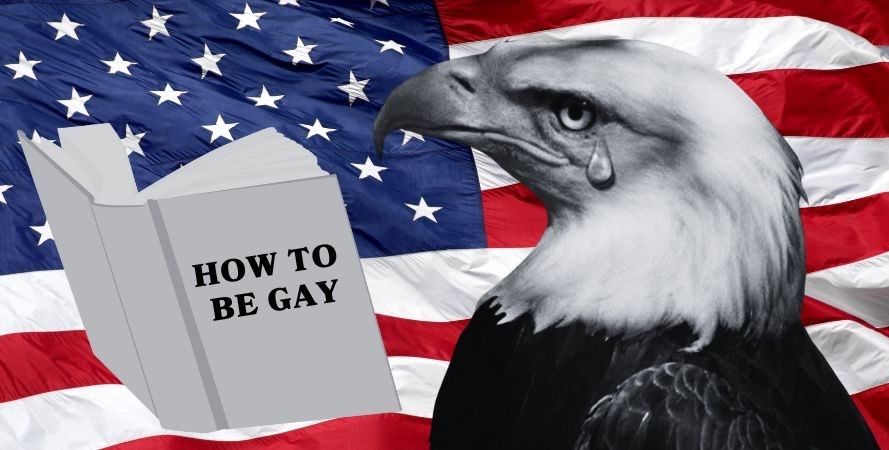
New Jersey fights back in the face of national book-banning.
In an example of what the next four years might look like—blue states preemptively protecting the rights and freedoms of their citizens against the authoritarian creep of federal policy—New Jersey Governor Phil Murphy signed into law the “Freedom to Read” act earlier this week.
Most of us cringe these days when “Freedom” shows up in any political discourse, but in this case, it might actually be apt. According to NewJersey.com, the act will
dictate how school boards in New Jersey evaluate sensitive and controversial materials and protect librarians from legal challenges.
The most important thing to me about the law, which takes effect a year from now, is the protections it offers librarians—so often on the frontlines of America’s ridiculous culture wars—from civil and criminal charges arising from attempted book bans.
Echoing what I wrote above Governor Murphy described New Jersey’s newest law as
the antithesis of all these book-banning states that you see. I’m incredibly proud to have signed it, but also acknowledge that America — and this is yet another good example — is becoming a patchwork quilt country. It really matters where you live.
But while all this is true, I think it’s important to note that state protections can only go so far in the face of an increasingly radical conservative movement emboldened by the prospect of real federal power. And we must also remember that the red state/blue state divide is a cable news construct designed to gamify our relationship to politics. America is a purple country: in the weeks following Donald Trump’s election I’ve seen Confederate flags popping up all over the Catskills (where I live), like so many poisonous mushrooms; and just as there are no truly “progressive” states, there are no truly “conservative” ones. So if you’re worried about the horrifying consequences of book bans in New Jersey, you should be worried about them in Mississippi, too.
Jonny Diamond
Jonny Diamond is the Editor in Chief of Literary Hub. He lives in the foothills of the Catskill Mountains with his wife and two sons, and is currently writing a cultural history of the axe for W.W. Norton. @JonnyDiamond, JonnyDiamond.me



















